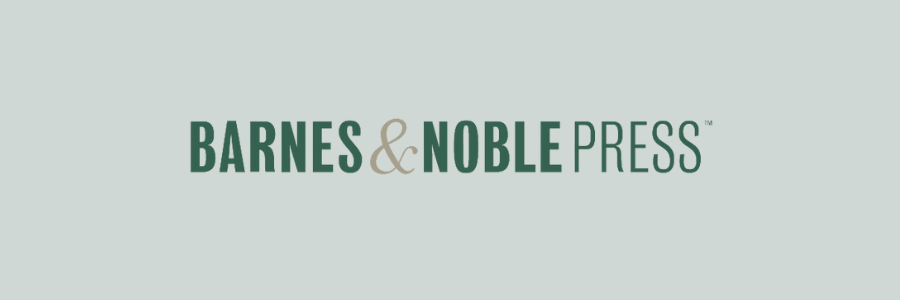Self-publishing has become increasingly popular in recent years, with many authors choosing to take control of their own publishing journey. Barnes & Noble Press is one platform that offers self-publishing services to authors. In this blog post, we will explore the pros and cons of using Barnes & Noble Press to self-publish.
Pros:
- Higher Royalties: Barnes & Noble Press offers higher royalties than traditional publishing houses. According to their website, authors can earn up to 65% of the list price for eBooks and up to 70% for print books. This is a significant increase compared to the 10-15% offered by traditional publishers.
- No Exclusivity: Barnes & Noble Press does not require exclusivity, which means that authors can still publish their books on other platforms. This is a great advantage for authors who want to reach a wider audience.
- Print-On-Demand: Barnes & Noble Press offers print-on-demand services, which means that authors can order copies of their books as needed. This eliminates the need for authors to order large quantities of books upfront, which can be costly.
- Easy to Use: Barnes & Noble Press is user-friendly and easy to navigate. The platform offers step-by-step instructions on how to upload and format your manuscript, making the self-publishing process less daunting.
- Marketing Tools: Barnes & Noble Press offers marketing tools to help authors promote their books. These tools include the ability to create author pages, run promotions, and participate in the Barnes & Noble affiliate program.
Cons:
- Limited Reach: Barnes & Noble Press has a smaller audience compared to other self-publishing platforms such as Amazon. This means that authors may have a harder time reaching a wider audience.
- Limited Formatting Options: Barnes & Noble Press has limited formatting options, which can be frustrating for authors who want more control over the layout of their book.
- Limited Distribution: Barnes & Noble Press only distributes books to Barnes & Noble stores and their website. This means that authors may miss out on potential sales from other retailers.
- Limited Support: Barnes & Noble Press has limited customer support, which can be frustrating for authors who need help with the self-publishing process.
- Limited Marketing: While Barnes & Noble Press offers marketing tools, authors are still responsible for promoting their own books. This can be challenging for authors who are not familiar with marketing.
In conclusion, Barnes & Noble Press offers many advantages to authors who want to self-publish their books. The platform is easy to use, offers higher royalties, and provides marketing tools to help authors promote their books. However, there are also some disadvantages to using Barnes & Noble Press, such as limited reach, formatting options, and distribution. Ultimately, authors should weigh the pros and cons of using Barnes & Noble Press and decide if it is the right platform for them.
Barnes & Noble Press Alternative
If you’re seeking a more robust self-publishing platform, with book design services, editorial, worldwide distribution, personalized support and comprehensive book marketing and advertising options, you should check out MindStir Media as an alternative.
Barnes & Noble Press Review

